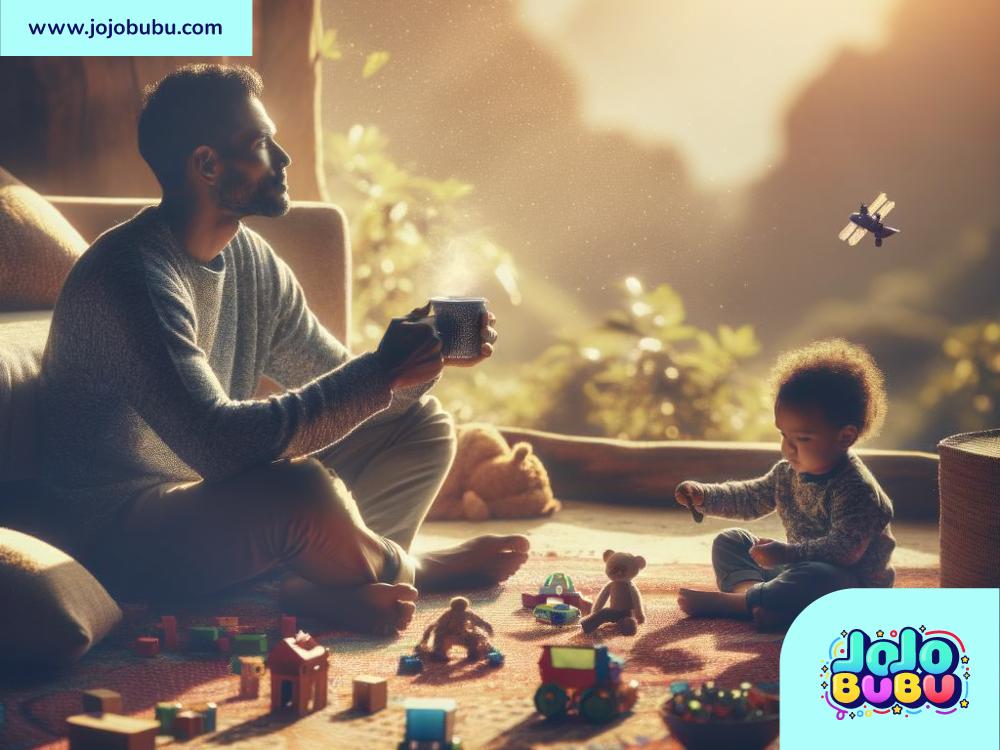Coping With Loneliness: Simple Steps to Feel Better
Loneliness is a feeling many people experience at some point in their lives. It can happen when you’re physically alone or when you feel disconnected from others, even in a crowded room. Loneliness can be difficult to deal with, but the good news is that there are ways to cope. In this blog, we'll explore simple ideas to help you feel less lonely and more connected.
What is Loneliness?
Loneliness isn’t just being alone; it’s feeling like you don’t belong or don’t have meaningful connections. It can happen for many reasons—moving to a new city, losing a loved one, ending a relationship, or even changes in your daily routine. Sometimes, loneliness sneaks up on you quietly, when life gets busy and meaningful social interactions start to fade away.
It’s important to remember that feeling lonely is normal. You’re not alone in this. Millions of people around the world go through periods of loneliness. And just as loneliness can come and go, it’s possible to take steps to feel better and create connections.
Understanding How Loneliness Affects You
Loneliness doesn’t just affect your emotions; it can also impact your physical health. It may cause stress, make it harder to sleep, or even lower your energy. Feeling lonely for a long time can also increase sadness and lead to feelings of hopelessness, which is why it’s important to address it sooner rather than later.
Here’s the first thing to remember: your loneliness doesn’t define you. It’s a feeling that can change, and you’re capable of making changes to feel happier and more connected.
Ways to Cope With Loneliness
Here are some simple steps you can take to cope with loneliness and start feeling better.
1. Reach Out to Friends and Family
One of the easiest ways to fight loneliness is to reconnect with people you already know. Call a friend, send a text, or schedule a video chat. Let them know how you’re feeling, and don’t be afraid to ask for support. Sometimes, we hesitate to share our feelings because we don’t want to "bother" others. But most friends and family want to help—they just need to know you need them.
2. Join a Club or Community
Building connections doesn’t have to be hard. Look for clubs, classes, or groups where you can meet people with similar interests. Whether it’s a book club, a fitness class, or a volunteer organization, these communities offer opportunities to make friends and feel a sense of belonging.
If you're not sure where to start, you can check local event websites or social media groups in your area. Many people go to these gatherings looking for new connections, just like you.
3. Spend Time Outside
Nature can be a powerful tool against loneliness. Taking a walk in the park, sitting by the beach, or going for a hike can improve your mood and help you feel less isolated. You don’t have to be surrounded by people to feel connected to the world—sometimes, the beauty of nature can remind you that you are part of something bigger.
If you see someone walking their dog or enjoying the outdoors, a friendly smile or hello can spark small moments of connection.
4. Adopt a Pet
Pets can be amazing companions when you’re feeling lonely. They offer unconditional love and can help fill your days with joy and purpose. For example, walking a dog can get you out of the house and might even lead to friendly chats with other pet owners.
If adopting a pet isn’t an option, you could volunteer at an animal shelter to spend time with animals while helping your community.
5. Practice Self-Care
Sometimes, loneliness can feel worse if you’re not taking care of yourself. Make sure to eat healthy meals, exercise, and get enough sleep. Treat yourself to small acts of kindness—watch your favorite movie, try a hobby you’ve always wanted to explore, or take a relaxing bath.
Taking care of yourself sends a message that you are worthy of love and attention, even if it’s just from yourself. Building self-compassion is an important step toward overcoming loneliness.
6. Limit Social Media
Social media can be both helpful and harmful when dealing with loneliness. While it can keep you connected to people, it can also make you feel worse by comparing your life to the perfect images others share. If you notice that scrolling through social media leaves you feeling more disconnected, try taking a break. Focus on face-to-face conversations or other ways to connect in the real world.
7. Seek Professional Help
If your feelings of loneliness don’t improve, consider talking to a counselor or therapist. They can help you understand why you feel this way and offer tools to cope. Therapy is not a sign of weakness—it’s a way to invest in your mental health and well-being.
Final Thoughts
Loneliness can feel overwhelming, but it doesn’t have to last forever. By taking small steps to connect with others, practice self-care, and explore new activities, you can start to feel better. Remember that building relationships takes time, and it’s okay to go slow. The most important thing is to keep trying and to be kind to yourself along the way.
You are not alone in this journey, and there’s always hope for brighter days ahead.

